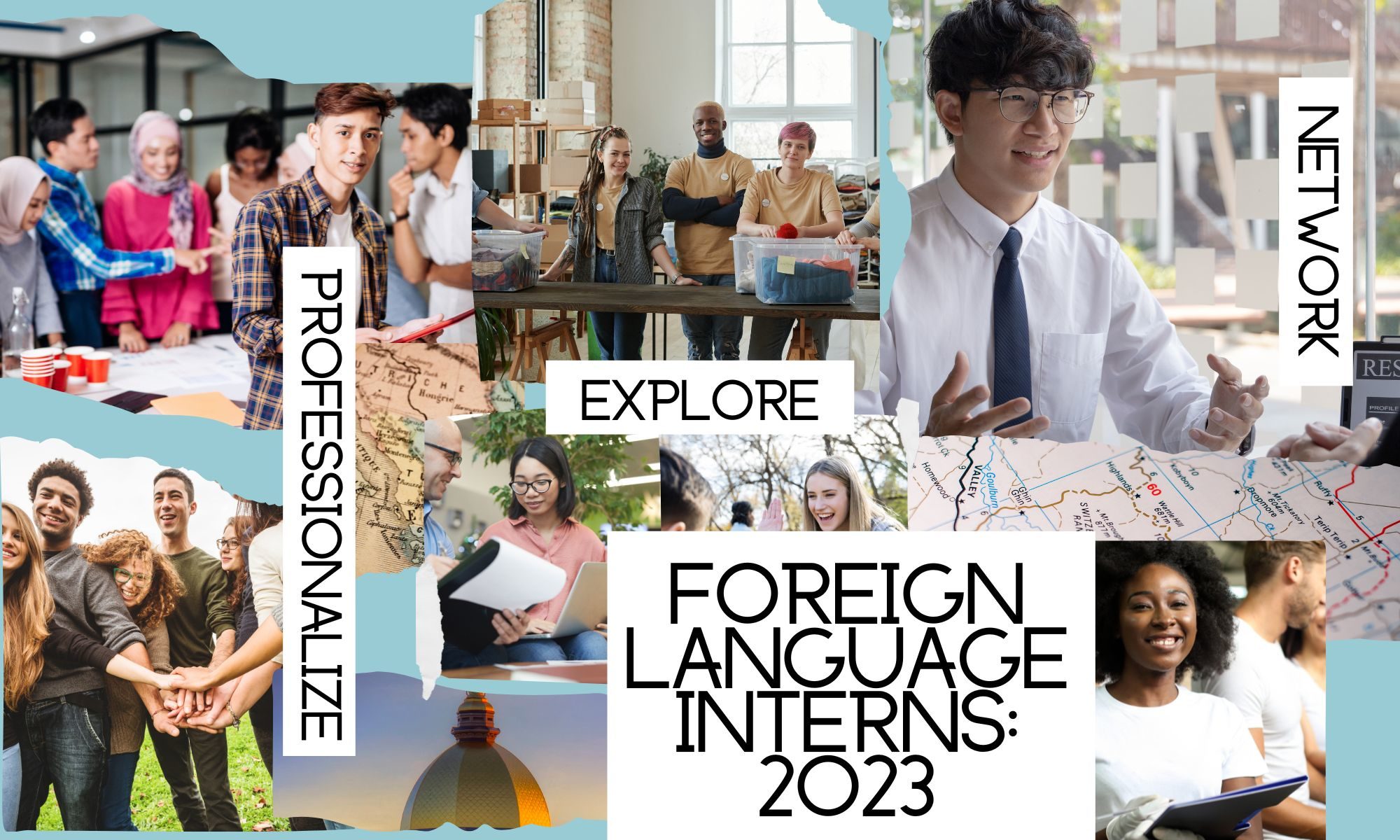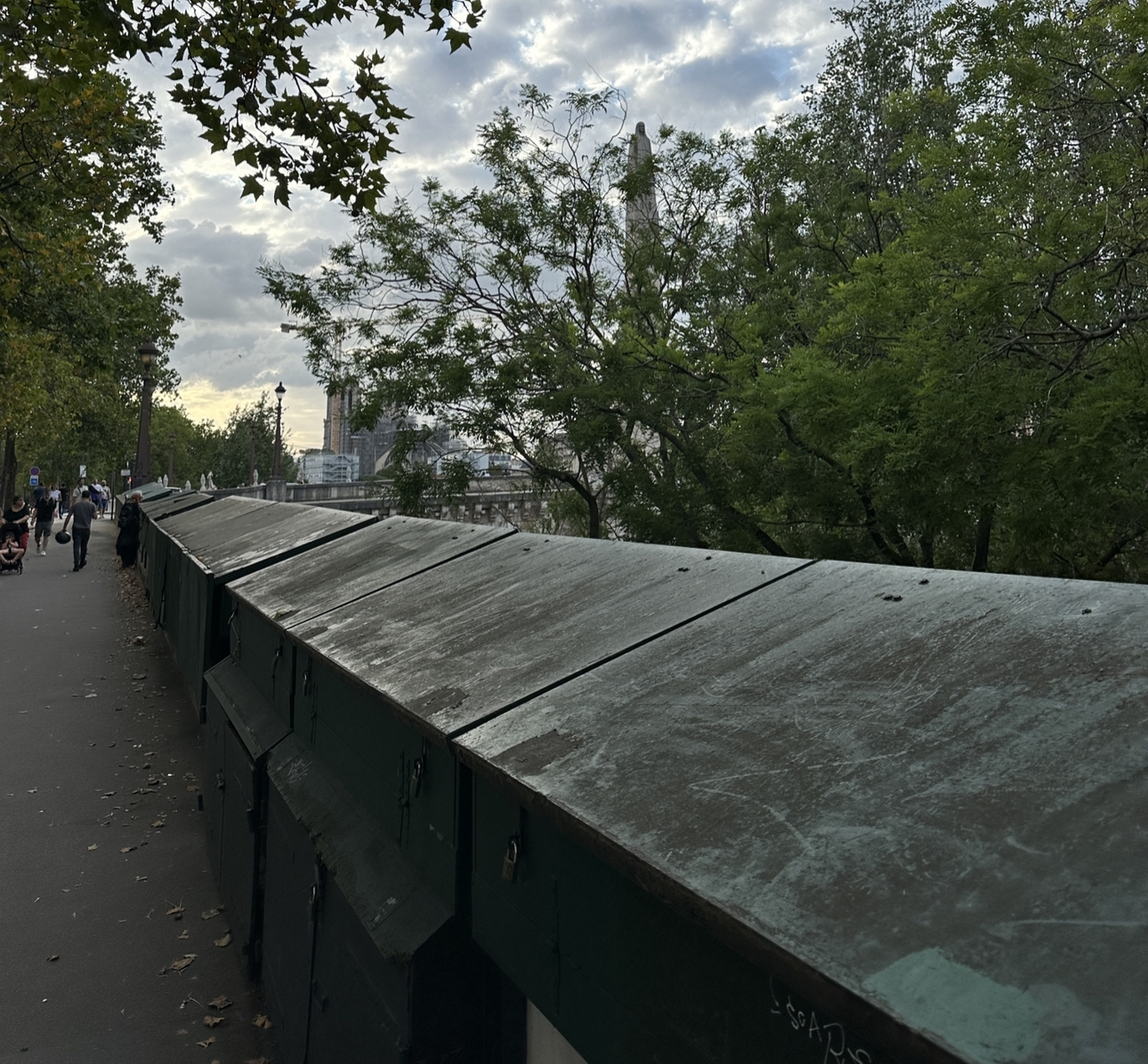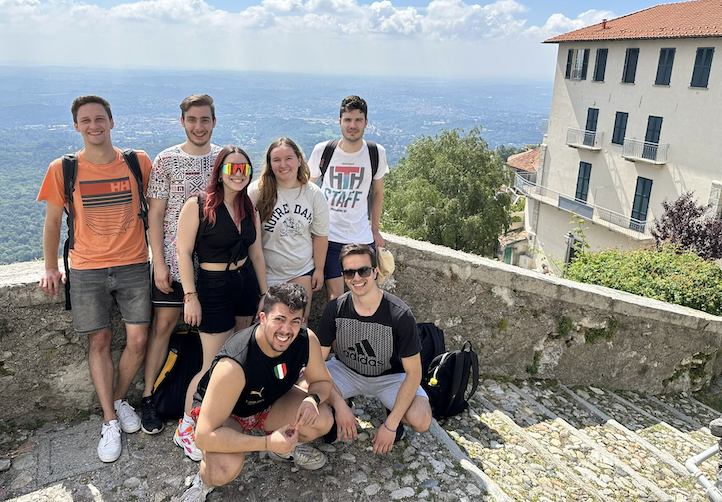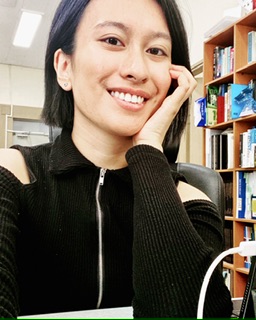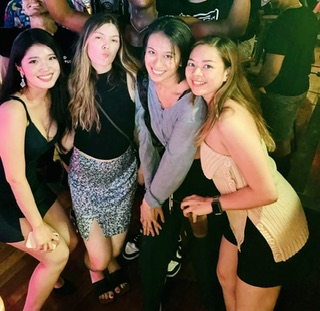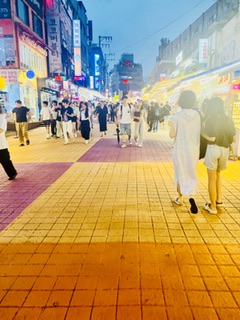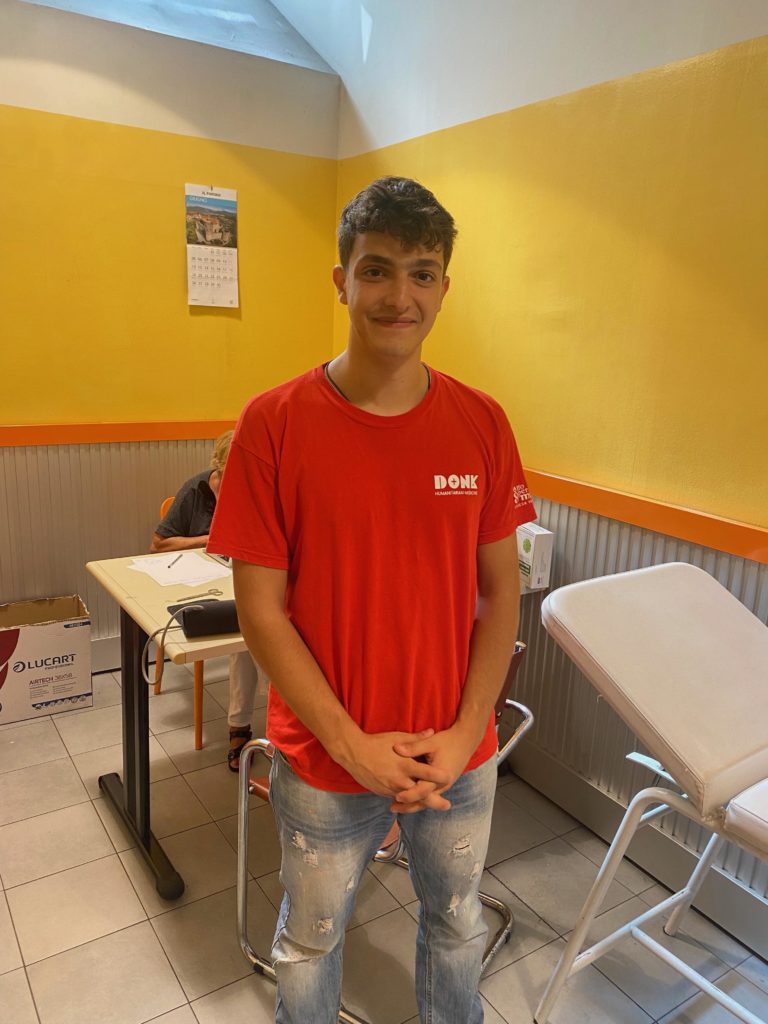“보고 싶은 대로 봐 / 편견은 얼마든지 환영해 / 놀라지 마 반전에” “Go ahead and see what you want to see / No matter how much prejudice you have, we welcome it / Do not be surprised when we pull a reverse on you”
It really breaks my heart, but the time has come for me to share my last K-Pop song from Korea: “Go Hard” by 트와이스 (“TWICE”). I think this song perfectly describes what my views on Korea has grown to become since arriving here earlier this summer. The people of Korea always do everything to the best of their abilities, even when I may not always understand their methods, and this is a quality that I have grown to admire and that I believe this song is a great descriptor of. Enjoy~!
There are many dimensions along which cultures may differ, including the various spectra of Individualism to Collectivism; Low to High Power Distance Index; Low to High Uncertainty Avoidance; Achievement to Nurturance; Short to Long Term Time Orientation; and Indulgence to Restraint. As I have been alluding to throughout this entire blog series, living in a culture different from your own can really highlight some of the unique ways in which other cultures may view life through different “lenses.” My experiences in Seoul have helped me to better understand where America stands and, critically, where I, myself, stand when it comes to these different cultural viewpoints.
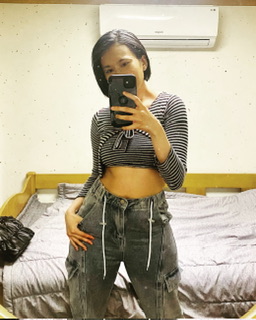
I personally think that one of the most interesting dimensions is that of Achievement over Nurturance, and I was rather surprised to see how similar I was relative to Korea along this dimension. While I may not be entirely aware of why Korean culture emphasizes Achievement so much, I have always been acutely aware of the fact that I personally value Achievement very highly, simply because I think constantly helping others be the best that they can be is the greatest sign of love possible. To me, there does not seem to be as much genuine love in simply coddling a person their entire life; allowing them to face the world alone and deal with their shortcomings independently, helping only when absolutely necessary, may actually be one of the most loving things you can do for a person. Koreans do pursue this idea of Achievement to great lengths as well, ranging from their heavy emphasis on the singular college entry test required to enter one of the SKY schools to the relentless focus on education and long working hours in day-to-day life. In fact, I am constantly impressed and inspired by the hardworking nature of my lab members, with many of them staying in-lab an average minimum of nine hours a day and showing up in spite of rain or shine and sickness or injury. While I acknowledge that American culture has taught me that rest is still important, I cannot help but be a bit awe-struck by their dedication to what they do and can only hope that I will end up in a place where I can perform to a similar level as well one day.
This desire for Achievement did initially confuse me though, since, as many people acknowledge, especially Koreans themselves, Korea is one of the more Collectivist nations. As an American, I come from a place where Individualism is heavily valued, and, yet, while a part of me does want to become the best version of myself, as I previously mentioned, I cannot help but feel as though I am more on an intermediate portion of the scale than both Korea and America. Admittedly, there are likely times where Koreans see me as too Individualistic in that I do still stand out or wish to show my true self in some instances, depending on the situation. However, I seem to have learned to appreciate the Collectivistic ideals in Korea, especially since it still somehow lines up with my desire to become the best, possible version of myself. While many Americans may believe it to be restrictive and an infringement on independence, I think that Koreans view Collectivism more as an opportunity to figure out where exactly you belong within the community. When viewing this dimension through such a light, it actually makes the striving for Achievement rather profound, in that you are not only doing your best for the sake of yourself, but you are also doing your best for the sake of those around you. It simply feels like a more selfless point of view that allows for people to put everything in life into context more easily.
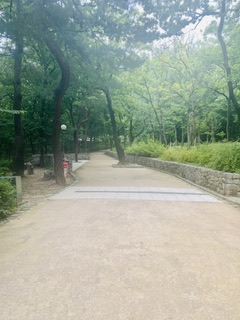
An interesting aspect of the Collectivist dimension of Korean culture is that it seems to have led to the development of multiple heterostereotypes in the West that often suggest that Koreans do not know how to enjoy themselves. Therefore, many Westerners seem to assume that Korea falls on the Restraint side of the cultural spectrum, when, in reality, they are one of the most Indulgent cultures I have ever seen in one of the coolest ways possible. Remember that the final theme song that I had decided on for Korea was titled “Go Hard.” Well, from personal experience, Koreans live by the mantra of “going hard” in everything they do, meaning their lifestyle can easily live out definition of “work hard, play hard.” In fact, it flew in the face of my own autostereotype of Americans as well in that I had originally believed Americans were undeniably some of the best partygoers on the planet, when Koreans may actually be on a similar level if not better in some circumstances. Though their desire for Achievement may drive them to do their work to the best of their ability, it does seem that this desire for Achievement similarly permeates into their personal lives as well. Therefore, not only do they want to be the best in their work, but they want to be the best in their play as well. One cultural aspect of Korean work culture that is a fun example of this is that of 회식, or the concept of “business dinners,” where Koreans meet up with their fellow business or lab members to eat, drink, and bond late into the night every once in awhile for the sake of team building and community formation.
In light of understanding the differences between the various cultural dimensions of Korea and of America, I think one adjustment in attitude that I may carry with me more long-term despite my impending return to America is the Korean tendency towards a more Long-Term versus Short-Term Time Orientation. Compared to the American culture of immediate gratification and immediate results, while Koreans may appear to be fast-paced in physical transit, their method of development over time appears to be more slow yet steady. There is a much greater emphasis on planning and the careful construction of relationships and community than on immediate promotions and growth spurts, which has produced a surprisingly rapidly-growing economy and business sphere in Korea. In taking a more Long-Term approach to growth and progress, Korea has actually been able to keep up relatively well with their Short-Term counterparts in the West, and so, I think these values may be worth hanging on to and learning from, even if I may be living in a more Short-Term Oriented location again soon.

One cultural dimension that I wish I had more information on and a better understanding of when it comes to Korean culture is that of their stances on Low versus High Uncertainty Avoidance. It does seem that, compared to America, Korea is rather High in Uncertainty Avoidance. Yet, as I recently mentioned, Korean culture has had some of the most impressive advances in culture, economy, and technology that I have ever learned about in history. I am genuinely curious how such growth can occur so quickly with such a High level of Uncertainty Avoidance, since risk-taking has always been taught as a crucial part of development in America. I wish I had more insight on this dimension of the Korean culture, since I really want to learn a lot more about how to deal with uncertainty in a safer manner without compromising forward progression. If I had more time in Korea, I would love to look into how they are able to pull off the simultaneous safeguard of tradition and pursuit of progress.
In a similar manner to that of the stereotypes spurred by Collectivism, the other cultural dimension that seems to lead to a lot of stereotype formation around Koreans is that of Korea’s High Power Index, which has historical roots in Confucianism. There truly is a hierarchy, as is alluded to in many Western stereotypes of South Korea, and it often does lead to a complication of many people’s understanding of Korean culture, including my own. While Achievement and Indulgence are valued very highly, there is still an emphasis on the fact that every person has their own place in society, without as much apparent room for climbing the hierarchical ladder as in the United States. Initially, from an American perspective, this, like Collectivism, can appear to be a very restrictive aspect of Korean culture. In fact, I was initially so scared to speak Korean with my lab members for fear of accidentally disrespecting the hierarchy. However, as I have come to learn, this hierarchy is not as critical to everyday life as I had initially believed, and a better understanding of how it works has enhanced my appreciation of Korean culture. In fact, my lab members were rather surprised that I was so concerned with the hierarchy, with one of them even joking that she forgets to use honorifics with her older lab members all the time, and those “mistakes” only ever result in a playful scolding at most. While a High Power Index does align well with Collectivism, there appears to be more of a growth mindset in Korea when it comes to learning from other cultures and adapting to the times. I think this is supported by the combined values of Achievement and Indulgence that allow for Koreans to “go hard” in every aspect of their lives. Korea is a culture that values being the best and doing their best in every possible way, meaning that, while they do hold a High Power Index in that they desire to show genuine respect for those with more experience in life, they are still willing to adapt and are likely much less strict about sticking with one form of social hierarchy in the future. In general, it seems that South Korea is an intriguing balance of growth and tradition, and I have come to a better understanding of this through my exploration of how, exactly, Koreans practice their High Power Index in their daily lives.

Honestly speaking, there is so much more that I could say about the many dimensions of Korean culture, since South Korea truly has a rich culture and community to learn from. However, for the sake of time, and considering the fact that I would need much more time to properly process and analyze the various connections that come together to formulate the network of Korea’s unique culture, I will leave my present statements as basic foundations to build on in the future for now. Words cannot describe how much I have grown to love being in Korea, and I am admittedly incredibly sad that I have to leave. Yet, as I had noted in my previous post, I will simply have faith that I will always end up where I am meant to be, when I am meant to be there, and I will just see where my future adventures take me. Despite any difficulties, struggles, and failures that I have faced, I will always look back on all of these memories with a smile on my face, because I think that I have grown more and become more of my authentic self throughout my entire experience here, flaws and all. I look forward to finding out where I end up next, and I hope and pray that, one day, I will be able to return to this beautiful country and continue to build the unforgettable connections and relationships that I had the opportunity to create during this dream of a summer abroad.
I hope that, through the way I live my life going forward, I can somehow bring a bit of Korea home with me by following in their example and “going hard” in every aspect of my life to become the best possible person that I can be. I am looking forward to the future, and I feel incredibly blessed by my entire experience here. I can only pray, wait, and see what other adventures God has planned for me in the future, but I know that my Seoul adventure will always hold a special place in my heart and memories, and I am forever grateful for it. Thank you all for sharing this journey with me, and I am waiting (impatiently) for the next good adventure that heads my way!!!
Sincerely,
Sara Anne Festin

P.S. I am even thinking of picking up an online degree in teaching English as a foreign language so that I may have more options to return to Korea in the future… you know, just in case~
